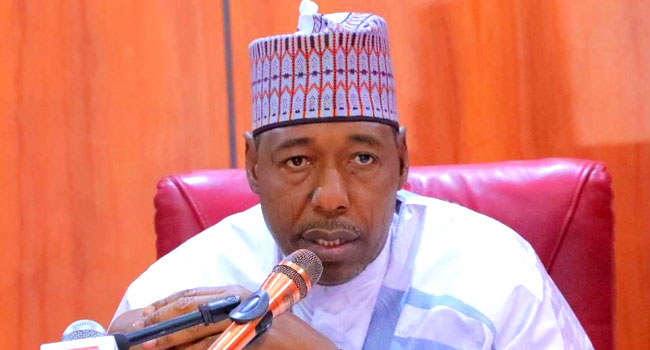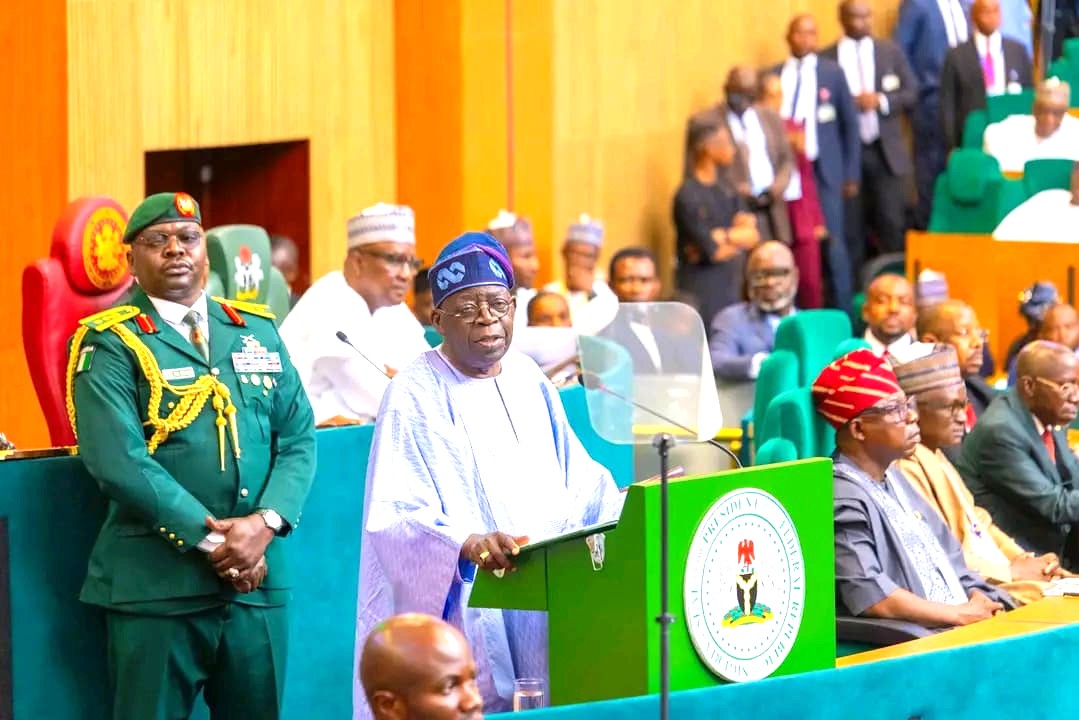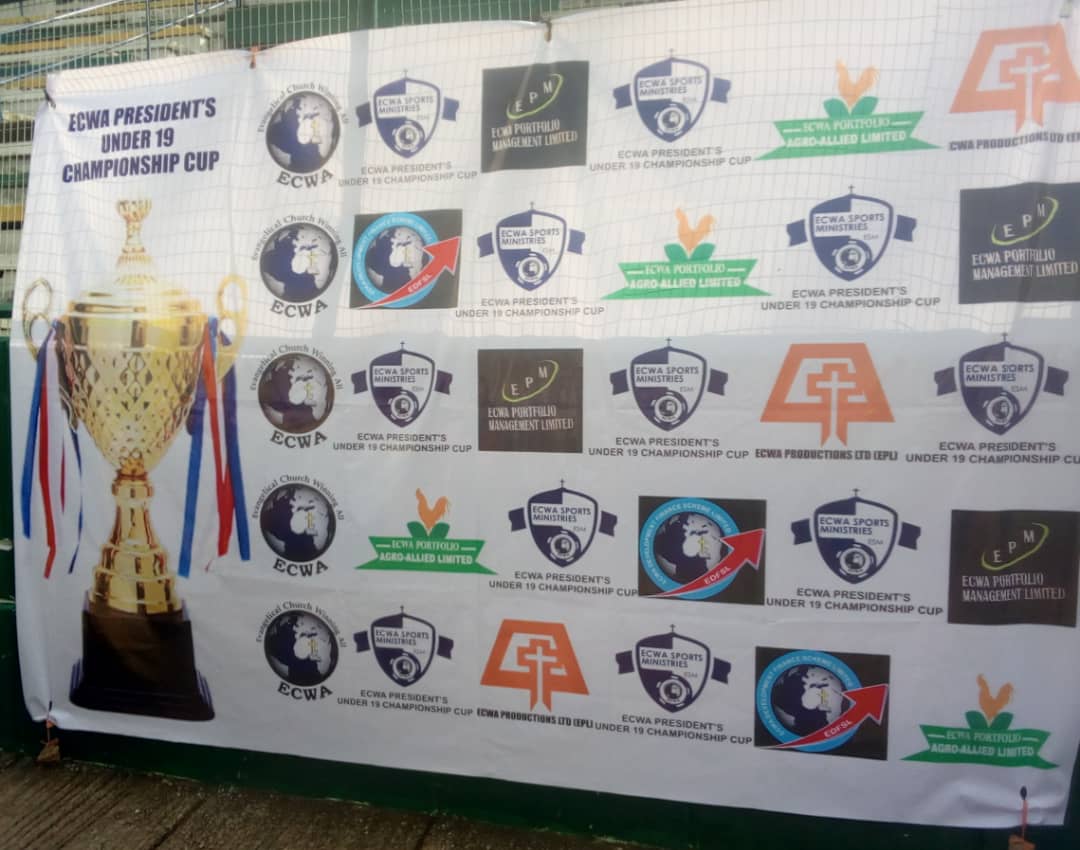Seven Years of Tackling Health Emergencies in Borno State: The Partnership Model
Sam Kayode
Reporting the health sector within the web of humanitarian crises in Northern Nigeria is my hobby. Health is one of the beats I have chosen to ensure that I contribute to further the cause of humanity before I say goodbye to this world and enhance excellence in my calling journalism. Reporting health up here means one must have enough empathy for the people who are at the mercy of the terrorized health sector in Borno state and North Eastern Nigeria. This sector is so important to humanity that each time the insurgents want to plunder primary health centres, they cart away the drugs and skilled workers before bringing down the structure by fire. That is an indicator that even the wrongdoers in the bush know the value of health in our shared humanity.
Prying into the Borno Health Partners Forum
I do not attend the Borno Health Partnership forum to report on everything that is happening but to contribute my quota to the best of my ability to help rebuild the sector which has been battered by lingering years of insurgency. By this, I mean about 14 years of insurgency where almost every infrastructure was destroyed by the insurgent Boko Haram in their trail.
And that I have been doing to the best of my ability especially the guidance of the meeting as a catalyst in the “risk communications pillar.” The subsector where massive enlightenment is given to the people whenever emergencies like a sickening cholera outbreak choke the medical practitioners or the recent diphtheria which has killed over 67 people in its trail. Sadly, “risk communication” is one of the most badly managed pillars because the bankrolling world partners refuse to allow the Borno State Government to lead as it should. Deciding which path to walk at any given time and even choosing where to go with the permission of the health Commissioner who is equally guided by the Governor of the state Professor Babagana Zulum. Representatives of the two world health bodies have decided to turn themselves into a cabal or a caucus who meet separately and impose their decisions on the rest of the partners regardless of the interest of the Commissioner who is represented by the incident manager (IM) at any given time. That itself has created a shaky foundation for that pillar and the mounting of lingering lacuna which strips them bare whenever their own managers are in need of action or solutions in certain ways.
Out of interest, I have seen many non-medicals like myself in the house and they all do their best to help out in one way or the other to make things work out. The only pillar which has not existed in the last seven years is that of “security” which will go a long way to act as a liaison between the military, police and the health sector. But I have a belief that with the evolution of the sector over the coming years, we will soon have a sitting security personnel who would be an instant reference point whenever challenges of that nature fall on the table of the IM.
One also realizes that it’s time to begin to analyze on a yearly basis some of the developments in the sector so that the world gets to know those who are behind the heavy toil for the sector to be moved from where it was when Boko haram struck capturing 22 council areas in the entire state to the envisaged level of excellence we are trying to take it to. There are many non-medical professionals with like minds whose contributions to crushing emergency challenges over the years have been invaluable to astounding emergencies like cholera which has harassed health managers and kept them on their toes. Looking back into the sector, I remember that there was one year of the cholera scourge that everyone who was a doctor in the ministry had to abandon their files, put on their coats and gloves and line up at the Muna garage axis ensuring that they helped slow down the mortality rate which was screaming to high heavens. That is an indication that the medical workers both serving and retired have also managed to stay above board at the primary health care level.
Pending challenges to be crushed in Borno state
There are many pending challenges before the health partners working as a team to make things better for Borno state. One of the challenges before them is the inability sometimes to understand the fact that change is the only permanent phenomenon in life and we must all prepare to embrace it. A lot of partners still do not understand why changing from the old order of doing things to the new is important. Some so-called financial partners want to completely adjust the ideal narrative by wrongly taking the driver’s seat in almost every pillar including risk communication and sometimes, the good old surveillance. Two sensitive pillars which are supposed to go together. 90 per cent of the time I have sat in that meeting, Abdu Mbaya or Modu Kyari who is the deputy head of the communications pillar in the primary health board are hardly carried along. One little brat or the other in the United Nations international children’s fund (UNICEF) and world health organization (WHO) will stand up to speak for the entire Borno State which they know nothing about. And most times when they speak, they do not impress the IM or the meeting because they talk only about what they understand in their own foreign-designed system. They hardly display knowledge of how to solve problems in the 27 Council areas of the state. One particular one, whose name withheld in the WHO who used to be a tea boy for a previous disgraced communication expert is the most confused of them all because of his obvious limitations of what to do for the good of the state. He parades himself with some air of importance that does not align with his rascally and rude persona badly polluted with the trial and error syndrome associated with roadside mechanics.
I don’t blame them completely. It’s simply because the state has been unable to sit in the driver’s seat all these years in some of these pillars before the advent of Dr Lawi Mshelia. Some of us who should know are equally to blame too because we saw these dysfunctional nitwits play with the intelligence of the state and we did not raise alarms to the Commissioner or the Governor of the State, Professor Babagana Zulum knowing his disposition towards mediocrity regardless of who is involved. It is change in the old order that will bring about what will benefit the state when it comes to enlightening people on how to get the best out of the web of complex information needed to make the operations at the primary health care get better for instance.
The management of emergencies at the primary care level has seen many administrators on and off the forum of partners and each one, foreign or Nigerian did his or her best to better the system. But that does not mean that they do not have their limitations. One is talking about constraints ranging from management style to low capacity based on background training and sometimes downright timidity in stamping their feet to getting certain things right based on contemporary practices. And that is the reason why some partners used to jump into the driver’s seat without permission from the State which is supposed to be the driver for everything as it concerns the building of the health sector and crushing emergencies like the on-and-off Polio, monkeypox, COVID-19 or Diphtheria as it is announced by the state epidemiologists from time to time.
The numerous interventions of emergency manager Beatrice Muraguri
Most of the partners have done their best. It’s not just bad news all the way because most critics of journalists believe they only do bad news without seeing the good sides of anything. I wish to report to you that we have seen quite a good number of good managers in the system. I can never forget the frantic efforts of Dr Collins Ovilli who jumped into the trenches with other doctors like Mohammed Guluze then the emergency manager to ensure that the cholera mortality figures do not scream more than it was then. To us poisoned by insurgency in our backyard 50 dead is noise but 100 is really a screaming figure.

At present, Dr Beatrice Muraguri is one of the good souls of the WHO and has been making her presence felt in all three states badly influenced by the lingering insurgency. Sometimes I have sat in that meeting hall in Damboa road, watching and listening to all her contributions and they are always for the common good of humanity. Sometimes she used to ponder and literally press the state to hurry up and sit tight on the driver’s seat to crush these emergency headaches. To her as a clinical epidemiologist, nothing is impossible if minds and hearts are brought together. Diphtheria for instance has reached 67 deaths as of the time of writing this report, do we want to wait until it gets to 100 before we deal with the challenges bedeviling the management of the disease? In as much as people are not perfect, Dr Beatrice is one woman who means well for Borno state. I have watched her from my binoculars and I have seen her as an extremely transparent professional who has water-tight empathy for the people of the entire BAY states. She is a distinguished African woman who understands how to serve humanity using the template of the state or council areas accordingly. She is not one of those whose bosses had questionable records before being asked to leave the WHO because of dubious activities aided by a commissioner whose name was withheld and sacked suddenly from the government. We have seen a theatre Commander here who shut down the activities of three Governmental activities NGOs when they ran foul of the laws of the land, “so none of them will tell us they are better than the people they met on the ground” said General Adeniyi the then TC.
Co-management of the sector with WHO
In spite of all these challenges for instance, since the advent of Dr Lawi Mshelia, a lot of things have changed for the better. Some of them were procedures which had to change even though with difficulty. Lawi drives the system like a taskmaster and some of the partners used to the old system do not like him for doing the right thing. But Lawi a foreign-trained public health specialist like Beatrice is getting tremendous results. Even though I could read from his body language sometimes that he is not happy with the trickles of results he has been having in areas like the risk communication and surveillance pillars which have terribly shaky foundations going by what we see from the cholera and now diphtheria torments of the people. Since Lawi arrived as the incident manager, he has succeeded in gradually changing the old ways of doing a lot of things. Obviously, this foreign-trained public health specialist understands that in emergencies in a system where most of the infrastructure has been destroyed by insurgency you virtually have to be regimented to get results. That means he must step on some toes if he must get results. An emergency is not the “na so we de do am” kind of phenomenon in which obvious mistakes are tolerated as the norm. It must be a near-perfect phenomenon and that is what the distinguished University of Maiduguri trained Dr Lawi is trying to achieve. Before his advent, the ministry officials allowed pillar heads to just do what they wanted without the proper capacity to back the system. Then came Shafiq Muhammad a Pakistani who for the first time between 2017 and 2018 tried to fix a suitable template in which the emergency system could work without forming themselves into a parallel ministry of health that would be dabbling into non-emergency. That system has stood the test of time to this day because it was a transparent system. But like a disease, it relapsed into the old system with the exit of Dr Shafiq because the very foundation was not properly fixed in such a way that pillar heads who are ministry officials will own the system and drive the steering and change gears at their convenience. It was literally in disarray because nobody had dug the right hole for the pillars to be firmly rooted. Safiq learnt very fast from Martinez Jorge and drove the system from 2017 to 2018. By the time Jorge left Safiq was running at a speed faster than he met on the ground but there was a lot to be defined properly. When Safiq left, we had several other managers including Dr Kida who had to act as IM even at retirement. His style was actually different because he tolerated most of the excesses of the partners. Always smiling and not wanting to step on toes. With the advent of Dr Lawi, pillar heads and deputies meet regularly with him to state what they have achieved and he freely directs if he thinks they are driving down the wrong way. This kind of proactive professional in the driver’s seat has come at a time when he is most needed. He is trusted by his permanent secretary Mohammad Guluze and Commissioner Professor Baba Mallam Gana a consultant Oncologist. Lawi has an almost regimented managerial style which most of them had not gotten used to. But one believes that as time goes on, they will surely get used to his style and we will wake up one day to discover that all the emergencies are gone with the dry wind of the Sahel savanna.
Ex-raying the background of the current IM Lawi Mshelia
Dr Lawi Mshelia is one of those medical practitioners who benefitted from the extension of service years by five years by Governor Babagana Zulum which is why he is still in service. He was equally the arrowhead in charge of the primary health care agency when Borno won the best primary health care agency prize money of $1.2m attached to a competition created to bring primary health care under one roof in Nigeria.
He holds a Master’s Degree in Public Health (MPH) from the Royal Tropical Institute, KIT in Amsterdam, Netherlands. And, of course an MBBS from the University of Maiduguri. His exposure and broad-mindedness to tolerate people stems from the fact that he did his secondary school at the Federal Government College Odogbolu in Ogun State and has travelled to almost all the states of the Federation. Dr Mshelia has attended courses with certificates in different aspects of public health in countries in Europe, East Africa, West Africa and South-Central Africa. He also attended numerous public health courses across Nigeria to streamline his focus. He has actually brought a semblance of stability and order since he took charge as IM.
Battling the second challenge which is the red tape in the Ministerial system
I had to mention Lawi’s background so partners understand why he is so suited for the job and if care is not taken you may call him a slave driver because you must do things the right way, he wants you to do it. If at the end of the day the results are tremendous, he hardly takes the glory but transfers it like a dutiful civil servant to his superiors in the ministry where he had worked all his days as a medical doctor. He is ready for emergencies and working towards solving any red take that will stand in his way as long as it is not finance which he does not have power over. By the way, it is this finance that used to make some NGOs misbehave and tend to want to take the steering wheel from state health managers.
Handling the first visit of the commissioner and his desires to win the next prize for the best primary health in Nigeria
When the Commissioner of Health paid his first visit to the Emergency Operation Centre EOC recently, there was excitement galore all the way. He obviously never anticipated that so many partners would be lined up one by one introducing themselves and taking it upon themselves to uplift the health sector of Borno State which has been badly battered by insurgency. He came across as a very lively and friendly medical practitioner shaking hands with partners and thanking them for a job well done.
Professor Baba Gana commended the partners for being very supportive in their contributions to moving the sector from where they found it to where it should be. He assured that the molecular laboratory in Umaru Shehu Hospital will soon become a reference lab for the future of the sector, especially in dealing with emerging emergencies. That to him will relax the delay in going to competent labs outside the state to get results of suspected cases when due. On vaccinations the British trained oncologist said that left to him, the country should begin to develop its own local capacity to produce vaccination which will go a long way in trampling upon stubborn emergencies like Diphtheria, Cholera and measles so that they do not linger longer than expected. How soon that will happen? Only time will tell.





Post Comment